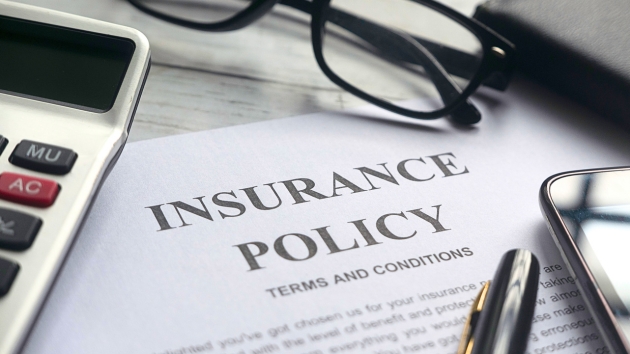Shopping for homeowners insurance in Hawaii? Property insurance costs have been rising, and you could end up paying more than you expected. However, understanding the factors that impact your premium can help you secure the best home insurance rates possible.
Homeowners Insurance Costs
According to the U.S. Census Bureau, high property insurance costs are a problem in all four of the country’s census regions. However, if you live in Hawaii, you may be pleased to learn that Hawaii is not listed among the 10 states with the highest median annual property insurance rates for homes with a mortgage. Hawaii didn’t make the list of low-cost states, either.
There are a couple of reasons behind the rise in homeowners insurance costs:
- Extreme weather. Wildfires, hurricanes and other natural disasters have been leading to rising insurance claims, putting pressure on the industry. As a result, rates are going up across the board, and if you live in a high-risk area, you’ll probably encounter steeper-than-average premium hikes. As you’re likely aware, Hawaii has both wildfire and hurricane risks.
- Higher building costs. Recent increases in building materials and labor have caused building costs to increase. As a result, repairs are more expensive, and insurance limits and premiums have increased to keep up with these changes. Stricter building codes can also contribute to higher construction costs.
In addition to these industry-level factors, there are also a variety of policy-level factors that impact your insurance premiums – and some of them are within your control.
- Location
The exact location of your home could increase or decrease your exposure to wildfires, storm surges, volcanic eruptions and crime. This will increase or decrease your premiums accordingly.
Of course, you can’t move your home to a safer location, so if you’re looking for affordable homeowners insurance for an existing house, there’s not much you can do about the location. However, if you’re in the market for a new house, you may want to consider the risk exposures before making an offer.
- Coverage
The more coverage you have, the better protected you’ll be in the event of a loss – but you’ll also pay more in premiums.
There are a few factors to consider:
- Coverage Types. Standard homeowners insurance excludes losses caused by floods, earthquakes, or landslides. In Hawaii, it’s also common for homeowners insurance to exclude wind damage. To secure these coverages, homeowners need to purchase additional insurance. Homeowners can also add certain types of coverage to their policies, such as by adding a sewer backup endorsement to a homeowners policy. Without these additional coverages, you may not have any insurance protection after certain losses, but adding these coverages will increase your overall costs.
- Limits. To ensure that you’re able to rebuild after a disaster, it’s important to have replacement cost coverage for the full value of your home. Also consider sub-limits for things like personal belongings and liability coverage. Increasing these limits will raise you premiums, but you’ll be better protected in the event of a loss.
- Deductibles. The deductible is your share of responsibility in the event of a loss. For example, if you have a $1,000 deductible, you’ll be expected to pay this amount out of pocket if you have a claim. You can lower your premiums by raising your deductibles, and this can be a good strategy if you have enough savings to cover the out-of-pocket costs.
- Bundles and other discounts. Insurers typically give discounts if you buy multiple types of insurance in a bundle, such as Home + Auto or Home + Umbrella. They also may provide a loyalty discount for renewing with the same company or a loss-free discount if you don’t have any claims. Ask your agent to outline all the discount options.
- Risk Control
Insurance companies want to see that policyholders are doing their best to mitigate risks. If you can show that you’re managing your risks, you can enjoy lower premiums.
- Security. You may qualify for a discount if you install a security system to reduce the risk of burglary.
- Smart Water Sensors. These devices can alert you to leaks before damage occurs, and some insurance companies offer a discount for using them.
- Property Hardening. By installing fire-resistant materials and using smart landscaping, you may be able to fortify your home against natural disaster risks, and your insurer may provide a discount.
- Property Updates. Key updates like installing a new roof, updating plumbing or electrical systems, updating your HVAC system or adding a pool safety fence can make a difference in some instances. Some insurers give discounts for energy-efficient upgrades.
- Loss History. Insurers consider your loss history to be a good indicator of future losses, so a clean loss history can help you secure lower rates.
Are you looking for affordable homeowners insurance in Hawaii? Find an agent.

